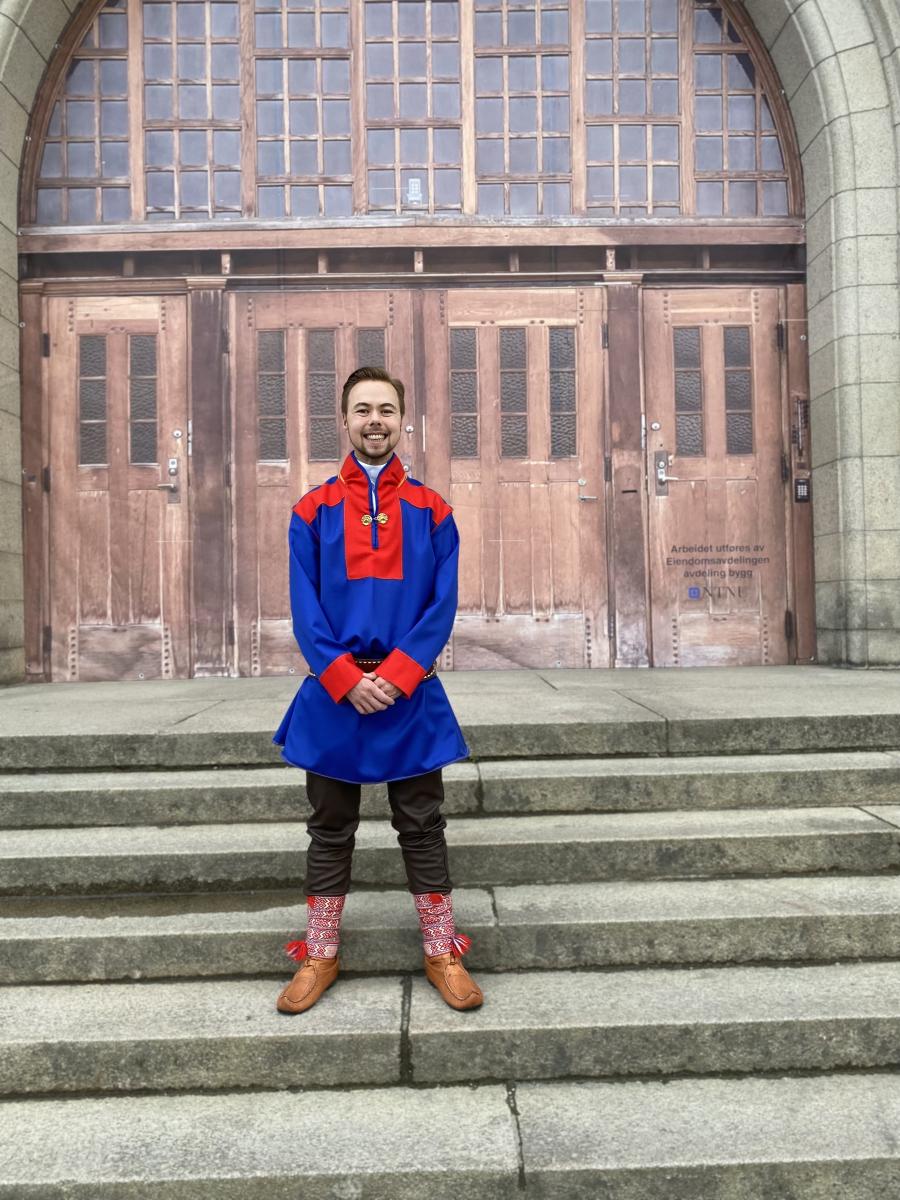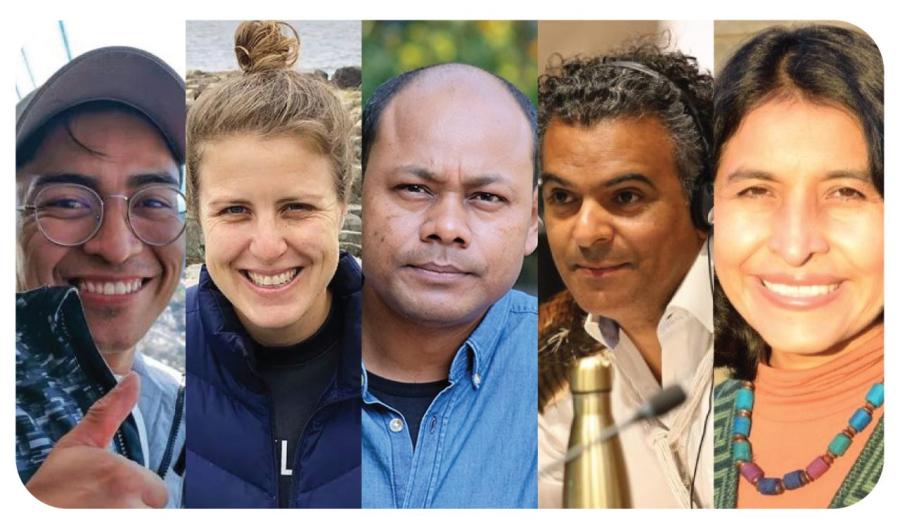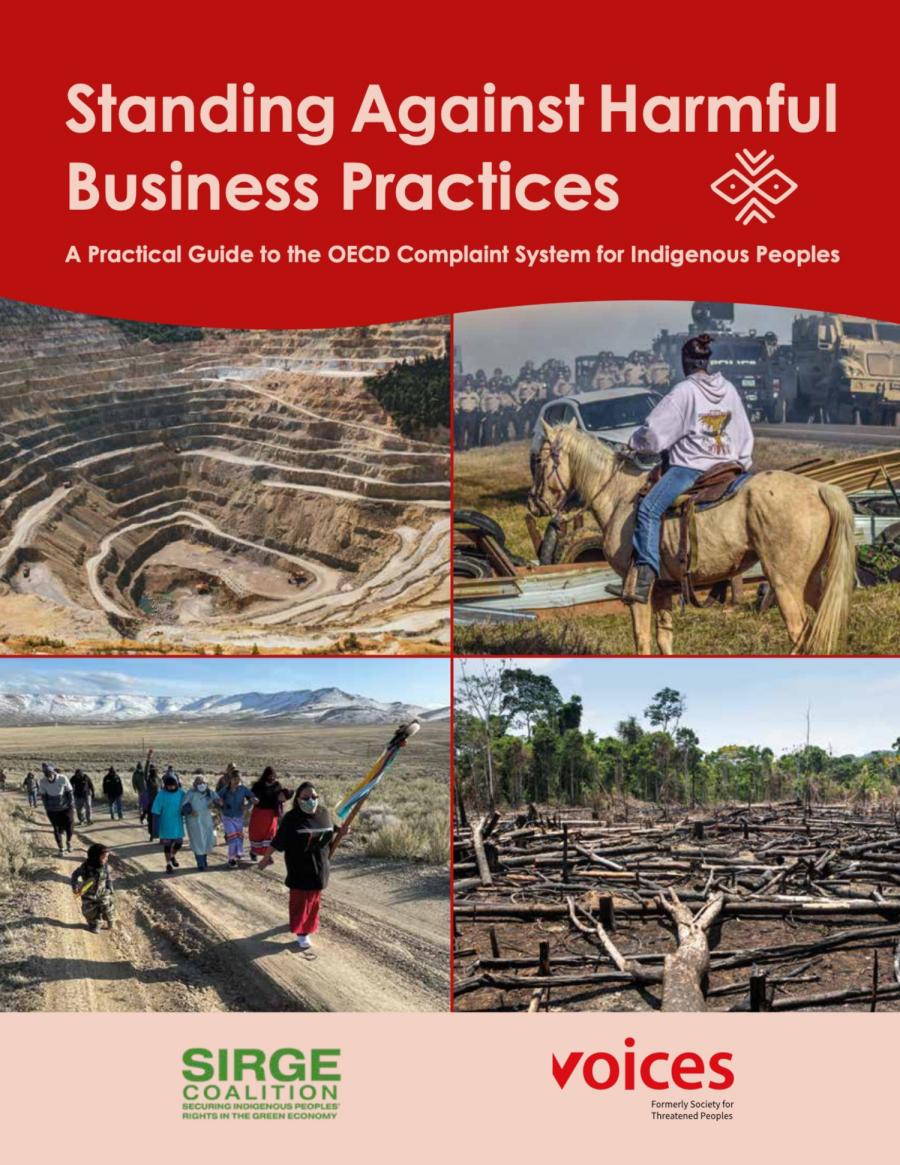21st Session of the United Nations Permanent Forum on Indigenous Issues (UNPFII)
April 25 - May 6, 2022
Discussion on the six mandated areas of the Permanent Forum (economic and social development, culture, environment, education, health and human rights), with reference to the United Nations Declaration on the Rights of Indigenous Peoples, the outcome document of the World Conference on Indigenous Peoples and the 2030 Agenda for Sustainable Development.
Intervention by Cultural Survival presented by Galina Angarova (Executive Director) on April 29, 2022.
Thank you Mr. Chair, dear members of the Permanent Forum, dear delegates, Indigenous sisters, and brothers. San Bainaa hundete nuheddut.
I am here to make an intervention on behalf of Cultural Survival and a coalition of Indigenous-led and allied organizations and draw your attention to so-called transition minerals that are used for electric vehicles and other new technologies. We are witnessing the acceleration of the transition to a “green”, low carbon, and clean energy economy and increasing demand for transition minerals such as nickel, lithium, cobalt, and copper. This skyrocketing demand is driving a wave of investment into new and expanded mining projects. These projects are promoted as “green” because they aim to supply minerals used in renewable energy technologies and electric vehicles. However, these mining projects risk replicating the same harms of the fossil fuel economy: threatening Indigenous Peoples’ rights and territories, as their territories, contain the highest concentrations of these metals around the world, and destroying biodiverse ecosystems in the process. Increased mining of these minerals will also lead to conflicts between Indigenous communities and mining companies and will exacerbate climate change impacts, as well as these operations, are very energy-intensive.
As Indigenous Peoples, we have the responsibility and commitment to intervene and make this a Just Transition not just for a select few but for everyone. Just because companies are increasing mining for sustainable outcomes does not mean there will be “zero impacts”. In fact, the outcome will be quite the opposite, the impacts will be enormous, and we can predict that this transition will be done at the expense of Indigenous Peoples, and the process is already underway affecting many communities globally. Therefore, we urge governments, investors, and companies involved in the new green economy to observe and implement rights enshrined in the United Nations Declaration on the Rights of Indigenous Peoples (UNDRIP) including the right to Free, Prior and Informed Consent (FPIC).
In that spirit, we present the following recommendations to the UN Permanent Forum on Indigenous Issues:
- The Permanent Forum urges governments to emphasize justice in the transition to a green economy and avoid a future where we have a green economy in some parts of the world, and moonscapes on the lands of Indigenous peoples. Therefore, it's important to operationalize the UNDRIP, and the right to their self-determination, and the right to the FPIC.
- Invest in building capacity for Indigenous communities on whose lands, territories and resources are being developed or are planned to be developed for transition minerals, including shareholder advocacy and training on the full spectrum of human and Indigenous rights. Support Indigenous Peoples to develop and implement their own FPIC protocol in order to assert their human rights.
- Strengthening mechanisms for reporting and following up on violations of individual and collective rights of Indigenous Peoples.



